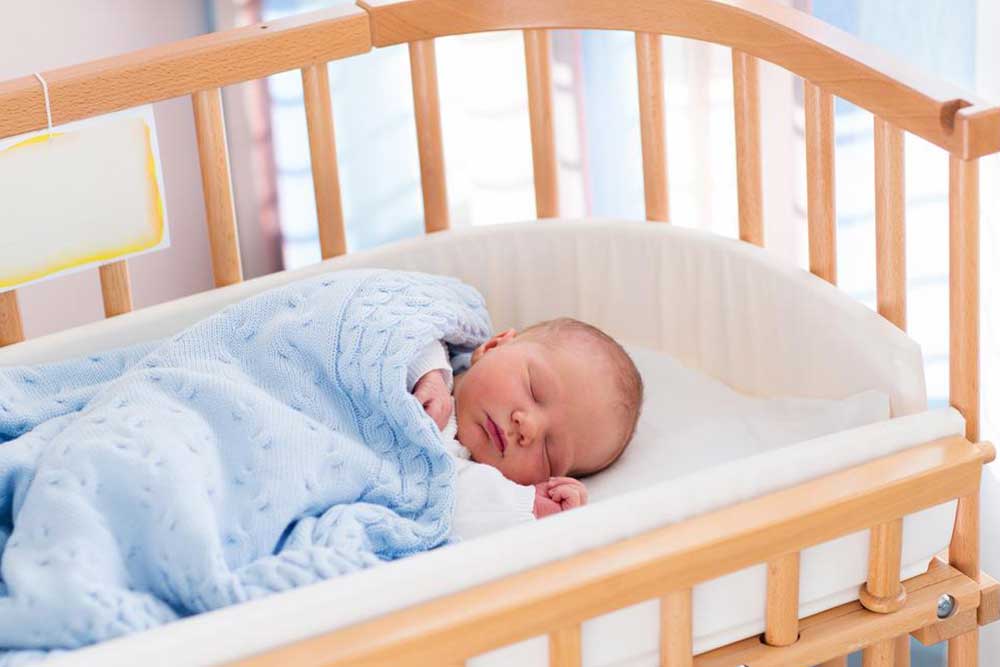Tips to Buy Cribs for Infants
A crib is where a child spends the first three of their life; it is the area where the toddler sleeps at night time and plays during the day. A crib is the centerpiece of a child’s nursery. Even though cribs are usually available in a standard rectangular shape, they are also available in a number of unique patterns. the cribs from different manufacturers may also differ extensively in price based on the materials used to make them. Read on to know more about the different types of cribs and the key features so that you can pick the right crib.

Types of Cribs
- Standard Cribs: These are the most universal styles of cribs. Standard cribs typically have either one or more drop-sides. Drop-side is a side of the crib that may be smoothly lowered and elevated so that the toddler can be easily placed inside without awakening or annoying him/her. Double drop facets provide greater versatility for caretakers, while single drop sides tend to be stronger. Look for drop sides that work easily and quietly.
- Canopy Cribs: Canopy cribs are stylish alternatives for the standard cribs and comes equipped with a large post at each corner. It consists of a metal frame over the top to protect the fabric canopy.
Canopies are often available in a variety of patterns and colors that may be matched up with the rest of the nursery decor, fixtures, and add-ons. Convertible Cribs: It is designed in such a way to transform from a standard crib to an infant bed. A convertible crib is a good option for nurseries with sufficient space.
Key Features in Cribs
- Mattress support: As babies grow, they become more active as they discover the joys of jumping in the crib. So a crib must be tested regularly for its strength. The mattress support is a metal frame that is designed to handle all the physical strain of a baby’s playtime activities.
- Modifiable Mattress Height: Multiple mattress height modifications will let you raise or lower the height of the mattress. This is a flexible feature that becomes important as your toddler grows and inevitably attempts to climb out of the crib.
- Teething rails: These are the plastic strips which prevent kids from gnawing directly on the wooden railings of the crib. These are fitted over the top of the crib railing. Teething rails are typically mounted by the manufacturer, but they also can be bought separately in 12-inch sections and added to the crib at home.
- Rolling casters: These are available in either plastic or metal. Rolling casters must include a locking mechanism. The capacity to lock down the wheels becomes more essential as the infant approaches toddlerhood and begins to stand upright while holding onto things, which include the side of the crib.
Disclaimer:
The content provided on our blog site traverses numerous categories, offering readers valuable and practical information. Readers can use the editorial team’s research and data to gain more insights into their topics of interest. However, they are requested not to treat the articles as conclusive. The website team cannot be held responsible for differences in data or inaccuracies found across other platforms. Please also note that the site might also miss out on various schemes and offers available that the readers may find more beneficial than the ones we cover.

